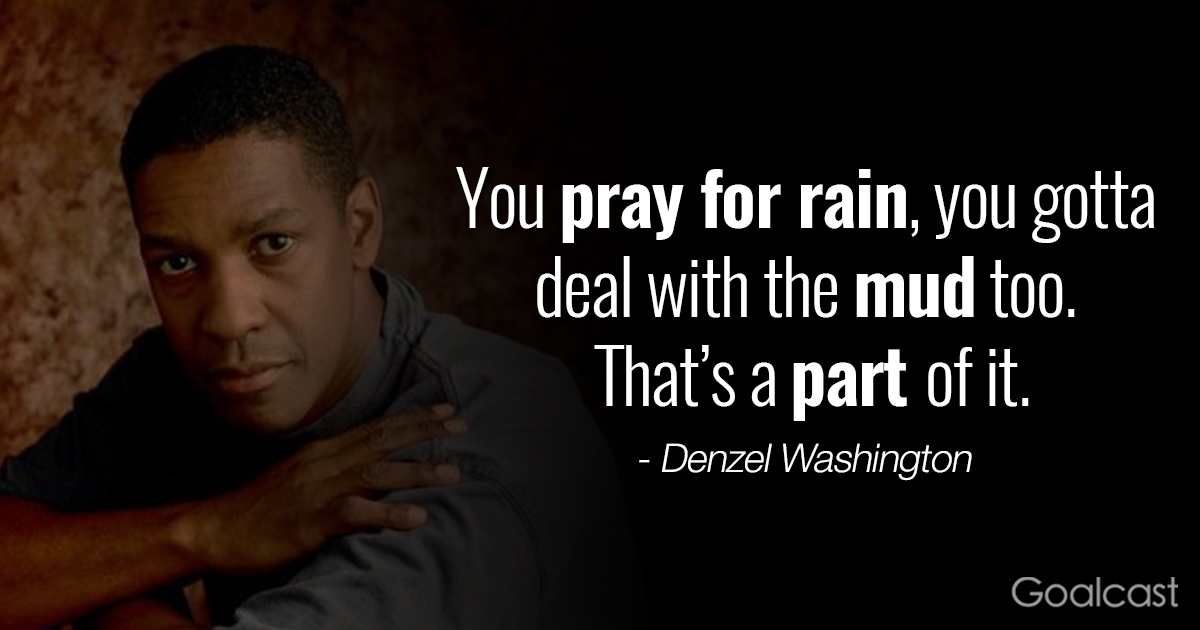In some ways, the title is contradictory. I seem to be saying: ‘stop reading this and just get on with it’. Before you do so, hear me out. It’s in your interest.
I have been meeting with a Jerusalem-based client as his business mentor, when I realised that I was making all the suggestions. Effectively, I was acting as a consultant. This is against the rules and the progress has been minimal.
I had to find a way to motivate him so that he can think for himself.
Today has been my opportunity to catch up with some work on digital media. By chance, I began to realise that I was looking at material that continuously hit on the very theme of motivation. And all the posts seemed to share the same message.
- ITEM NO’ 1: Jay Shetty’s podcast on removing doubts and fears.
This hour long conversation features two amazing stories – standing in freezing ice for ten minutes and finishing an ironman competition against the odds.
- ITEM NO’ 2: Sir Jack Petchy’s journey from rank poverty to cab driver to property magnate.
This is a story of war hero being told that he was not good enough because of his background and having the wrong accent.
- ITEM NO’ 3: It is only impossible until it has been achieved.
I have tried to find the origins of this remark – maybe Confucious? Whatever. I posted a short video, emphasising this motto. Featuring two cute animals, the message is very sharp and immediate.
- ITEM NO’ 4: How did our schooling condition us towards appreciating achievements?
Emmy-Award winning director Nick Nanton has created a film, featuring six unenterprising individuals and how they came from nowhere to become international role models. (H/T to cleantech entrepreneur, Sonya Davidson.)
There is a line that Nanton emphasises and one that I cannot get out of my head. So many of us are taught – no, we are commanded…..
“Get your heads out of the clouds. Come back down to earth.”
How boring! How devastating! What for? To conform?
And when I think about it, it is so often the people who have this methodology drilled into to them that they are afraid to move ahead and to experiment. I see that weekly as a business coach.
You are allowed to dream. Correction – you should be encouraged to dream. And then go and do your utmost to fulfill that crazy ambition. That is where we need to focus and emphasise our emotional efforts. Go for it.
Now; stop reading and get down to some ‘doing’.


